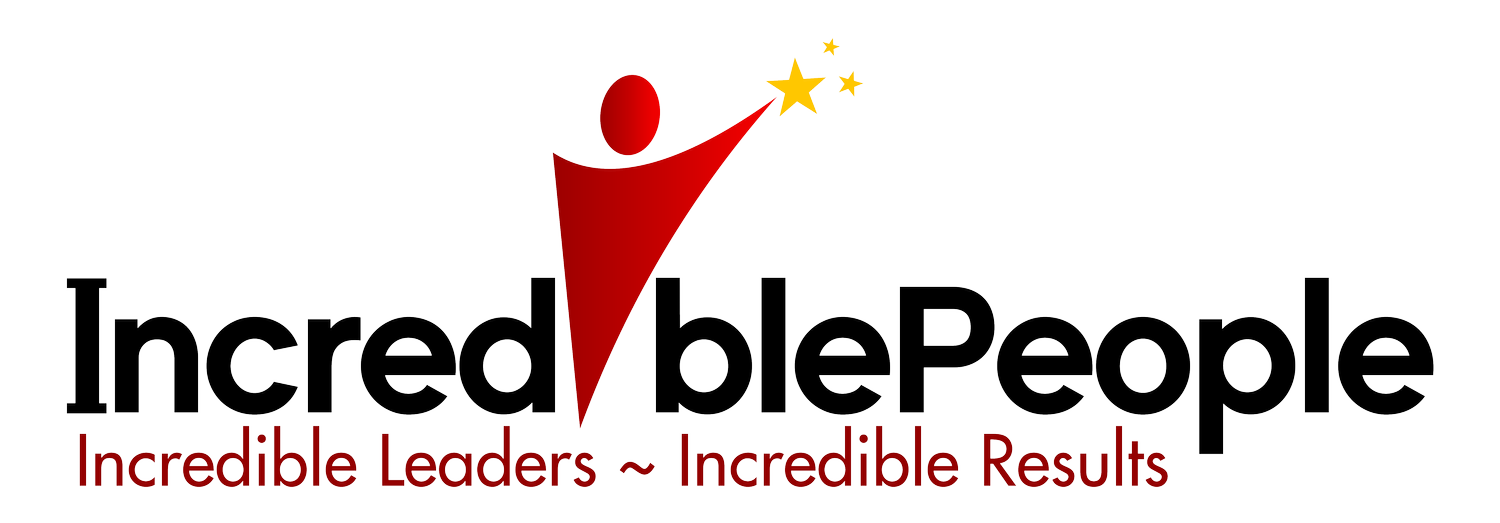The journey to cultural intelligence: A personal reflection
As a young girl growing up in middle-class Nipaluna in Tasmania, I don’t remember ever meeting or coming into contact with a First Nations person.
I recall learning a little about their history through my mother and at school, but it was not until I visited the Tasmanian Museum and Art Gallery as a primary school student that my cultural awareness journey was ignited. I remember feeling a sense of great sadness in learning about Truganini, proposed (at the time) to be the last surviving Aboriginal Tasmanian to survive British colonisation. For more than 34,000 years her people, the Neunonne people, lived in harmony with the land, and yet that was wiped out in just a few decades with the arrival of British settlers. Learning about Truganini’s brave story, her people, family and culture that was brutally eradicated with white settlement was a confronting insight into Aboriginal culture, history and traditions for a young girl.
When I moved to Melbourne and later to Perth in my early twenties, I made my first connections with First Nations people. As a young and newly appointed manager at one of Australia’s largest banking corporations, I was determined to hire our first Aboriginal employee in WA. Unfortunately, it proved challenging back then, without having any networks as a new arrival to Perth, as well as the lack of internal support to do anything beyond the scope of standard recruitment advertising.
Decades later, working with a number of government agencies, I became increasingly aware of the social, economic and cultural inequality that our First Nations people faced. I felt responsible, yet I wasn’t. If you know me at all, you’ll know I wanted to do something that would make positive ripples in some way.
We can never undo what has been done during the devastation caused by settlement, but we can be mindful, reflect and acknowledge that while we have grown into a great country, this has not been without loss and pain. We have to lean in and grow our cultural intelligence. It is only by facing the facts of the journey of Aboriginal and Torres Strait Islander people since European settlement, and being part of embedding their wisdom, practices and languages into the wider Australian culture, that our grandchildren can have an enriched and integrated history that they can be proud of.
Since my early days as a young manager, it is heartening to see the growing shift in organisations that recognise the importance of building cultural awareness and are acting on it. For most people working in large organisations, Cultural Awareness Training is mandatory. As a leadership coach and trainer, I am also investing in cultural awareness training and am lucky enough to be working with many state government agencies and First Nations people as advisors. I get to engage, listen and co-design new ways to build new opportunities for their people, businesses and communities. I am constantly amazed at how resilient, tireless and patient these people are in educating non-Aboriginal people about the impact of historical and current practices, and in expressing their hope for the future.
As part of my own cultural awareness journey, I have found cultural competence training and an empathetic mindset invaluable in providing me with the skills and actionable ways to improve how I engage with First Nations people, as well as deepening my appreciation for their culture and history.
These training sessions have since inspired me to visit key historic sites, seek out and listen to Aboriginal speakers as well as watch movies and read texts that promote narratives from Aboriginal perspectives. I encouraged my kids to fully engage in school activities that explored Aboriginal history and culture, and to be inclusive of people of all cultures and abilities. I am proud that my daughter’s first ‘real’ job after leaving university was with a key Aboriginal health organisation, where she worked for over two years and loved it.
I still have a long way to go on my journey towards cultural intelligence. But it is a journey that is enriched with amazing stories, traditions, history, and a deeper understanding of the humanity of others and myself. It is a journey that I hope I am always on; asking myself what more can I do to be actively involved in building a better future for all Australians.

